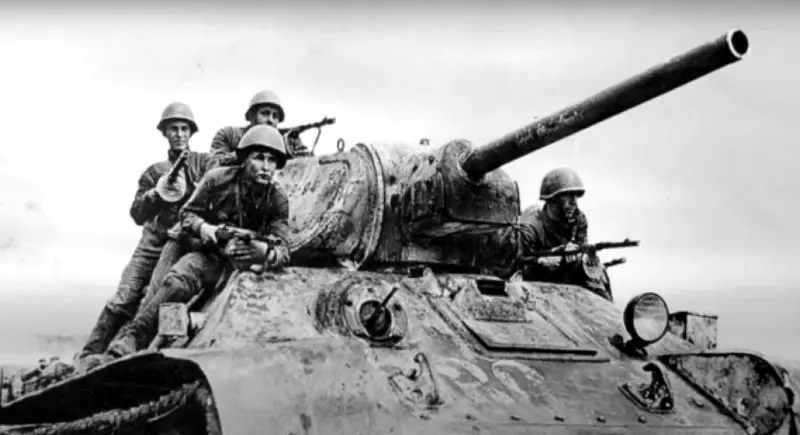Do not clean the tracks: an unwritten rule among Red Army tankers

Since the Great Patriotic War, many diaries of Red Army soldiers have been preserved, from which you can learn about what happened on the bloodiest fronts in stories humanity conflict, as well as the soldier's customs of those times.
An excerpt from the diary of Lieutenant Grigory Maksimovich Pigarev tells about an incident that shed light on one of the unwritten rules of USSR tank crews.
As the author of the lines writes, on the morning after the battle, a serious dispute arose between the soldiers of his unit and the tank crews.
The essence of the dispute was that the soldiers flatly refused to “clean tanks slippers" - picking out the remains of human bodies from the caterpillars. In turn, the tankers spoke about an unwritten rule, which states that the crew of the vehicle monitors its serviceability, and the cleanliness of the tank is the job of those “attached to the armor.”
As a result, Pigarev ordered his unit to obey the demands of the tank crew.
- says the diary, noting that on the battlefield, the bodies of the enemy can lie in close proximity to the bodies of our soldiers, both on the way to move forward and retreat back. In general, war... is no time for sentimentality.
As Pigarev writes, the tankers eventually joined in with rags to wash their armor, but later. According to the author, they probably just wanted others to understand what it all was like and to feel what the unspoken rule around which the dispute arose was connected with.
Information